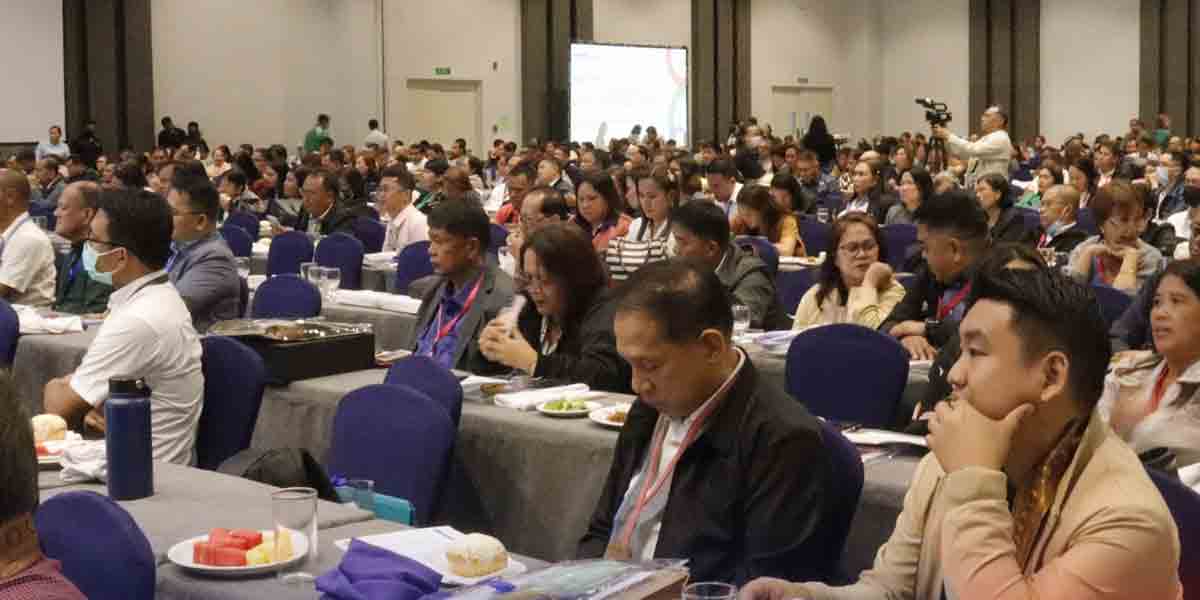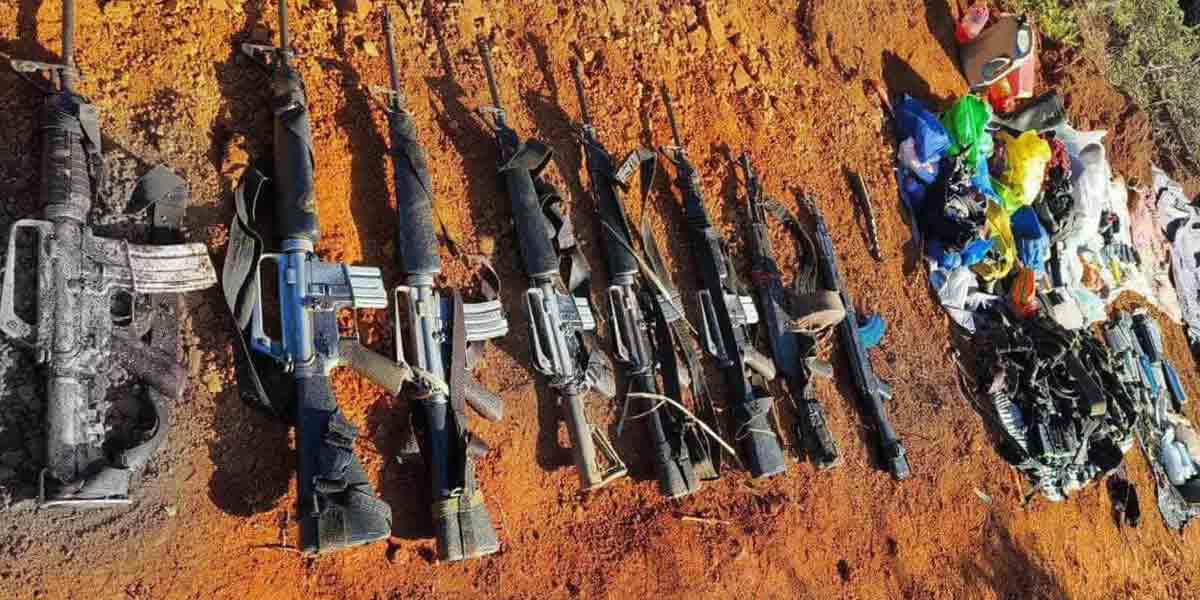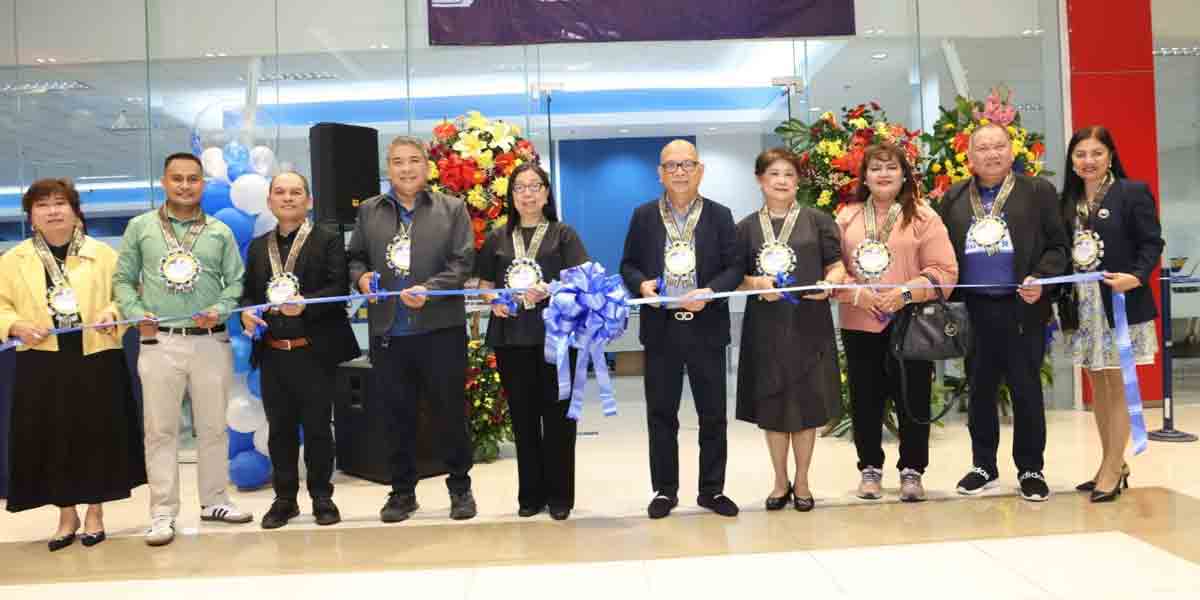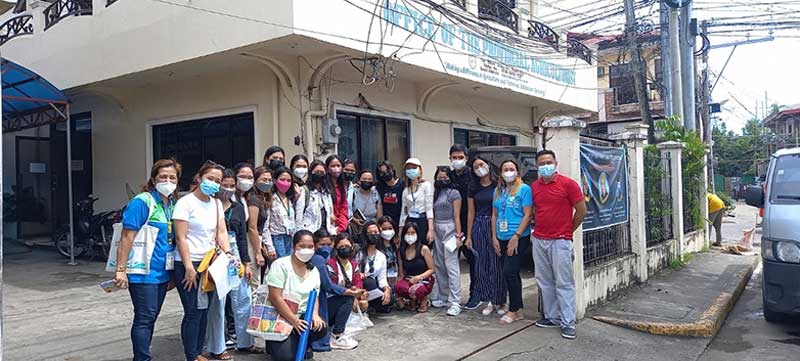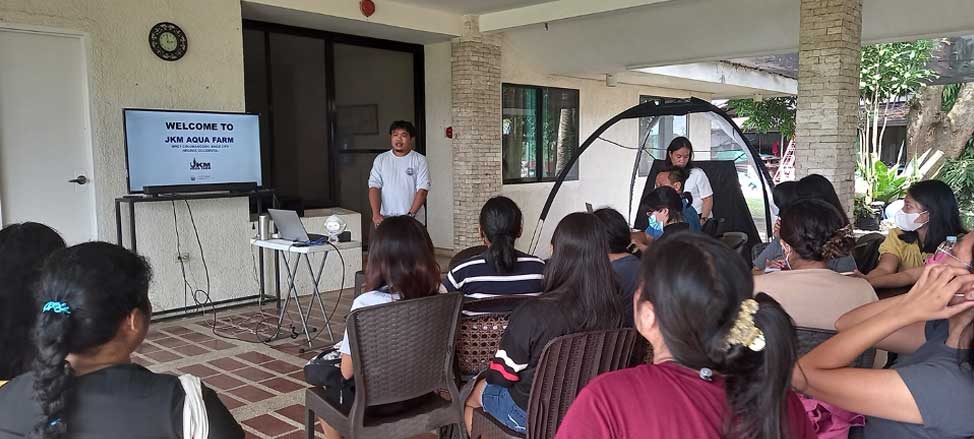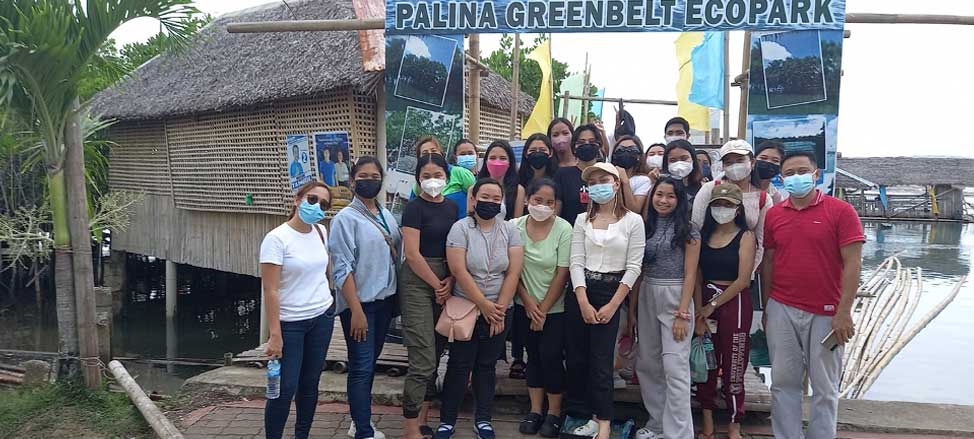For more than two years after the deadly COVID-19 outbreak, students of the College of Fisheries and Ocean Sciences had the opportunity to explore recent developments in the fisheries industry in the region.
The fourth-year undergraduate students of the Institute of Aquaculture gained exposure to various aquaculture facilities in Panay and Negros Occidental as part of their practicum last July 28 to August 12, 2022, to gain knowledge outside the four corners of the classroom.
The exposure also allowed the students to have a deeper understanding of the actual operations and applications of aquaculture.
The students visited the amenities of the Southeast Asian Fisheries Development Center-Aquaculture Department (SEAFDEC/AQD), an international research institution based in Tigbauan, Iloilo. They were also introduced to the ongoing research activities of the research institution on various aquaculture commodities.
Together with their advisers, they went to the agri-aqua laboratory of the Office of the Provincial Agriculturist (OPA) of Capiz. With the assistance of the OPA, the students had an exposure trip to a milkfish nursery, an eco-park, and a grouper cage culture facility located in the province.
The eco-park and the grouper cage culture are operated and managed by fisherfolk organizations, namely the Palina River Development Association and Roxas City Aquaculture Association, respectively. During this trip, the students learned about the current gaps in the milkfish aquaculture industry and how to culture oysters and mussels from the fisherfolk.
The students had a tour of the shrimp hatchery for Penaeus vannamei in Guimbal, Iloilo and learned some knowledge about how the facility operates.
In the Province of Negros Occidental, the students visited a shrimp grow-out culture for P. vannamei and milkfish cage culture facilities, an aqua feeds manufacturing company, and a potential site for upland aquaculture.
They also toured and learned the operations of the analytical, diagnostic laboratory of Negros Prawn Producers Cooperative in Bacolod City. The students had hands-on experience in harvesting commercially farmed P. vannamei in an aquafarm in Bago City.
At the height of the COVID-19 pandemic, the practicum was done online. CFOS designed practicum guidelines for BS Fisheries students to maximize and achieve the learning outcomes of the course Fish 195 (Practicum). The guidelines ensured that the students would have much learning as possible similar to that of the face-to-face set up, and have the opportunity to interact with some people in the industry. (Ms. Lenilyn B. Gallos with sources from CFOS-IA)


